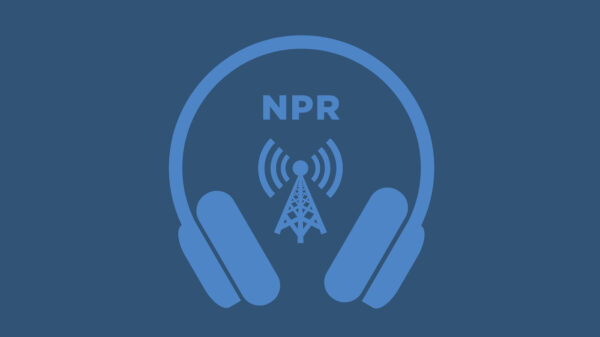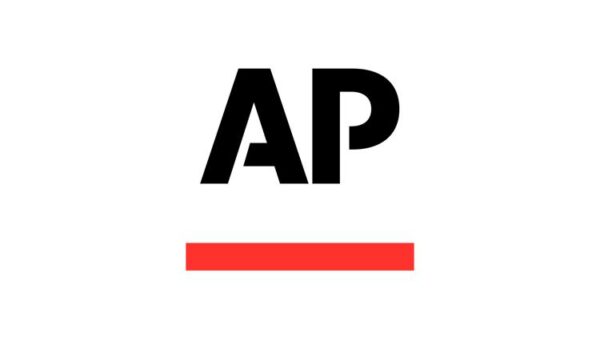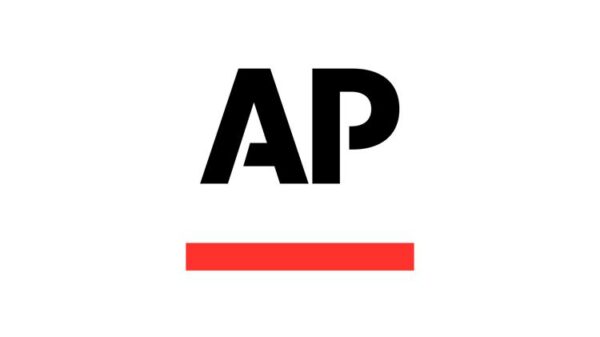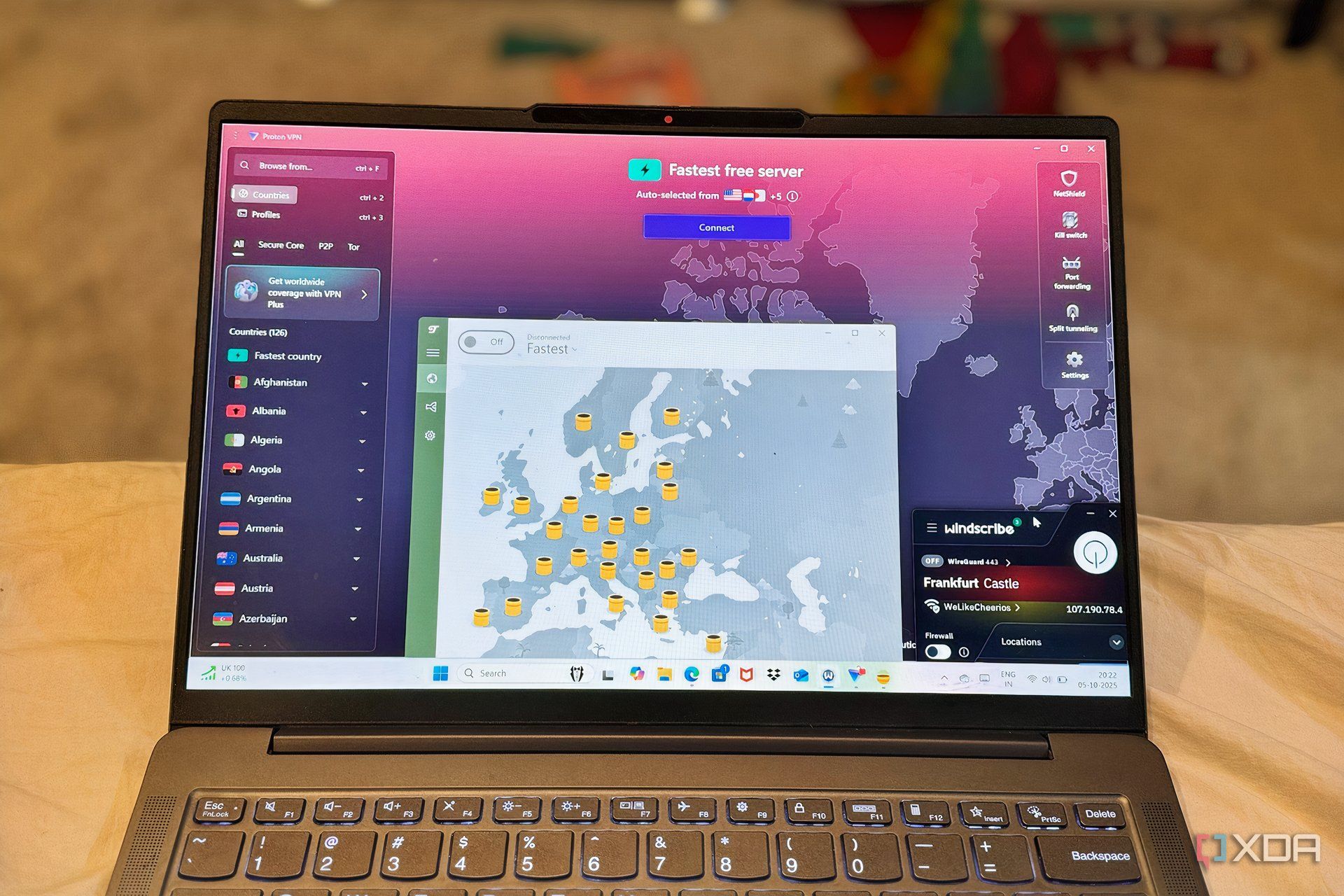Free virtual private networks (VPNs) are often viewed simply as tools for enhancing online privacy. However, they can serve as strategic assets for productivity, providing users with unique advantages that go beyond basic security. By exploring tools such as ProtonVPN, Windscribe, and TunnelBear, individuals can discover practical applications that significantly enhance their workflows.
Many users approach free VPNs with skepticism, typically categorizing them as either unreliable data harvesters or slow alternatives to premium services. This perception shifted for me when I began to leverage these tools to improve my productivity. Through experimentation, I identified several means by which free VPNs can help uncover valuable insights that traditional browsing may obscure.
Regional Pricing: A Significant Advantage
One of the most surprising revelations came when I investigated subscription pricing variations across different regions. By connecting to free VPN servers outside of Canada, I discovered substantial discrepancies in software pricing. For instance, a Canva Pro subscription is available for about $15 per month in the United States, yet costs just ₹499 (approximately $6) in India. Similarly, Spotify’s Premium plan is priced at $11.99 in the US but starts at only ₹139 (around $1.46) in India.
These price differences are not random but rather a result of deliberate regional pricing strategies used by software-as-a-service (SaaS) companies that adapt their rates based on local purchasing power. Some services do not verify the billing address against the user’s browsing location, allowing potential savings for those willing to navigate these pricing structures. Utilizing free VPNs can reveal savings that might total hundreds of dollars annually for users managing multiple subscriptions.
Broadening Research Horizons
Free VPNs also serve as tools for expanding research opportunities. Search engines often curate results based on a user’s location and search history, leading to a narrow view of available resources. By using a VPN to connect to servers in different countries, I found that my search results could vary dramatically.
For example, searching for “best productivity apps 2025” from a North American server yielded familiar names such as Todoist and Trello. However, when I conducted the same search through a server in Germany, I encountered lesser-known tools like Zoho Projects and MeisterTask, which are more popular in Europe. This research method has become integral to my workflow, allowing me to discover innovative solutions that might otherwise remain hidden.
Though the speed of free VPNs can be a limitation, often resulting in slower loading times, the trade-off is manageable. For text-based searches and casual browsing, the slower speeds are an acceptable compromise for the valuable insights gained.
Testing Content Across Borders
For those involved in online business or content creation, free VPNs can also be invaluable for testing how content appears in different regions. I learned this when a client noted that their European visitors experienced a malfunctioning version of their landing page due to GDPR regulations. This discrepancy can often go unnoticed without proper testing.
Before launching any significant project, I now utilize free VPNs to assess user experiences across various markets. For instance, I discovered that certain content delivery network (CDN) resources failed to load properly for users in specific regions. This proactive testing allows for the identification and resolution of potential issues before they impact end-users.
Navigating Workplace Restrictions
Free VPNs can also provide solutions for navigating workplace restrictions that may hinder productivity. While it is common for companies to block social media, some impose more stringent restrictions on productivity tools like Notion or online learning platforms.
Before attempting to bypass these restrictions, it is crucial to consult company policies regarding VPN use. In some cases, IT departments may allow VPN usage for legitimate work purposes. After discussing my needs with IT, I was granted permission to use a VPN, which allowed me to access essential tools without waiting for bureaucratic processes.
While many free VPNs operate on a freemium model—logging data and selling anonymized usage patterns—some services, like ProtonVPN, are more transparent about their practices. For accessing publicly available productivity tools, the risks may be acceptable, but caution is advised when handling sensitive work documents.
Conclusion: An Evolving Tool for Productivity
After several months of utilizing free VPNs, I have gained a nuanced understanding of their strengths and limitations. While they are not suitable as permanent solutions for everyday browsing or security, they offer significant advantages for specific tasks. Free VPNs can help users identify pricing opportunities, break out of content bubbles, test international user experiences, and circumvent benign restrictions.
In summary, while free VPNs may not fit every need, their potential to enhance productivity makes them worthy of consideration for anyone looking to optimize their digital workflows.






































































